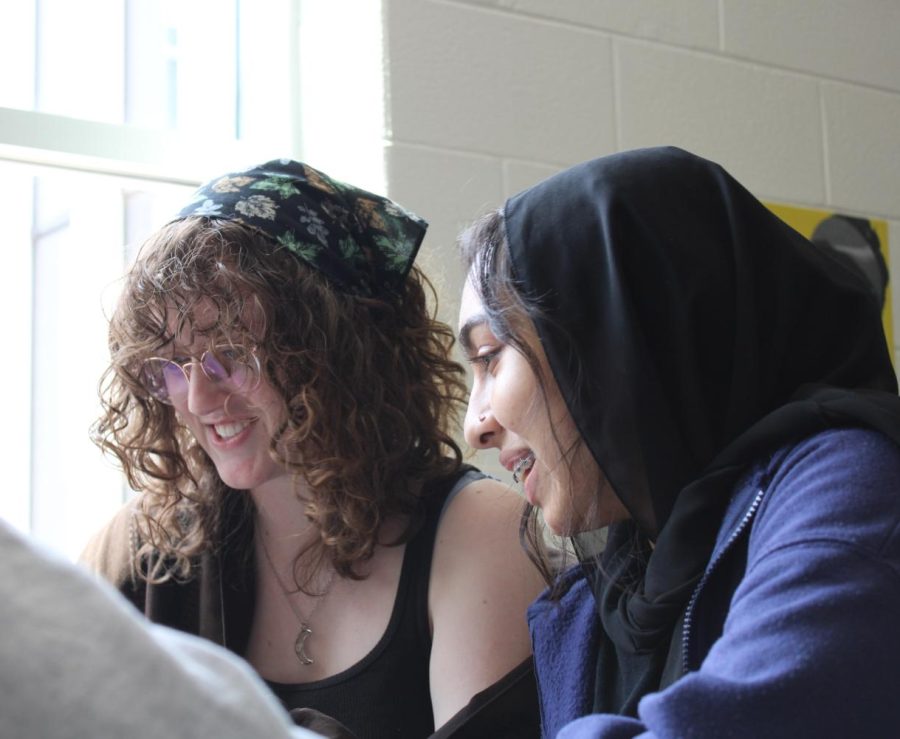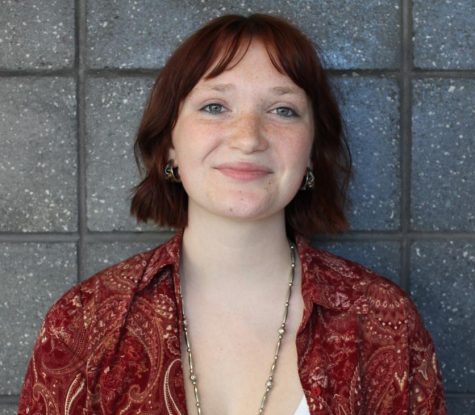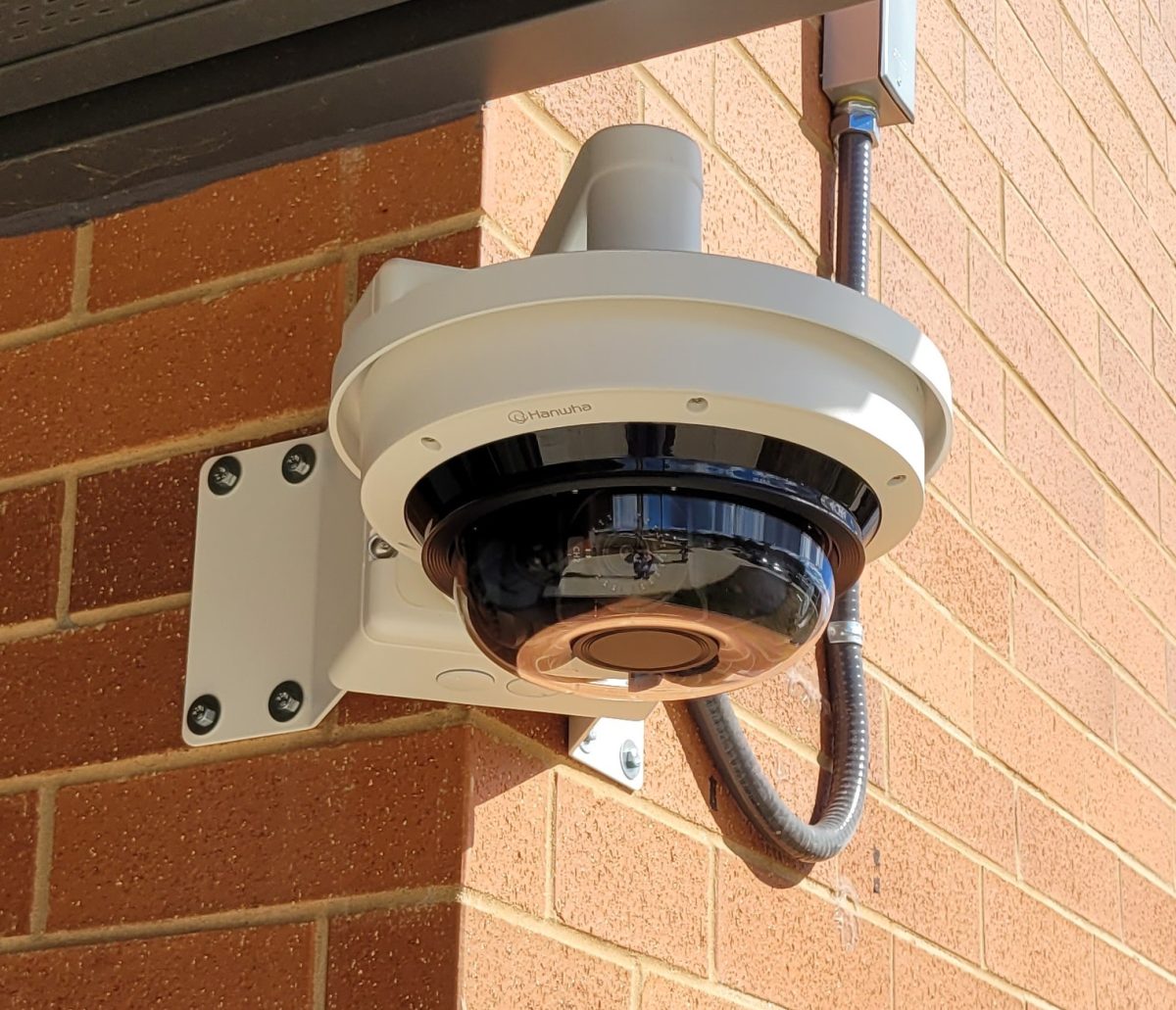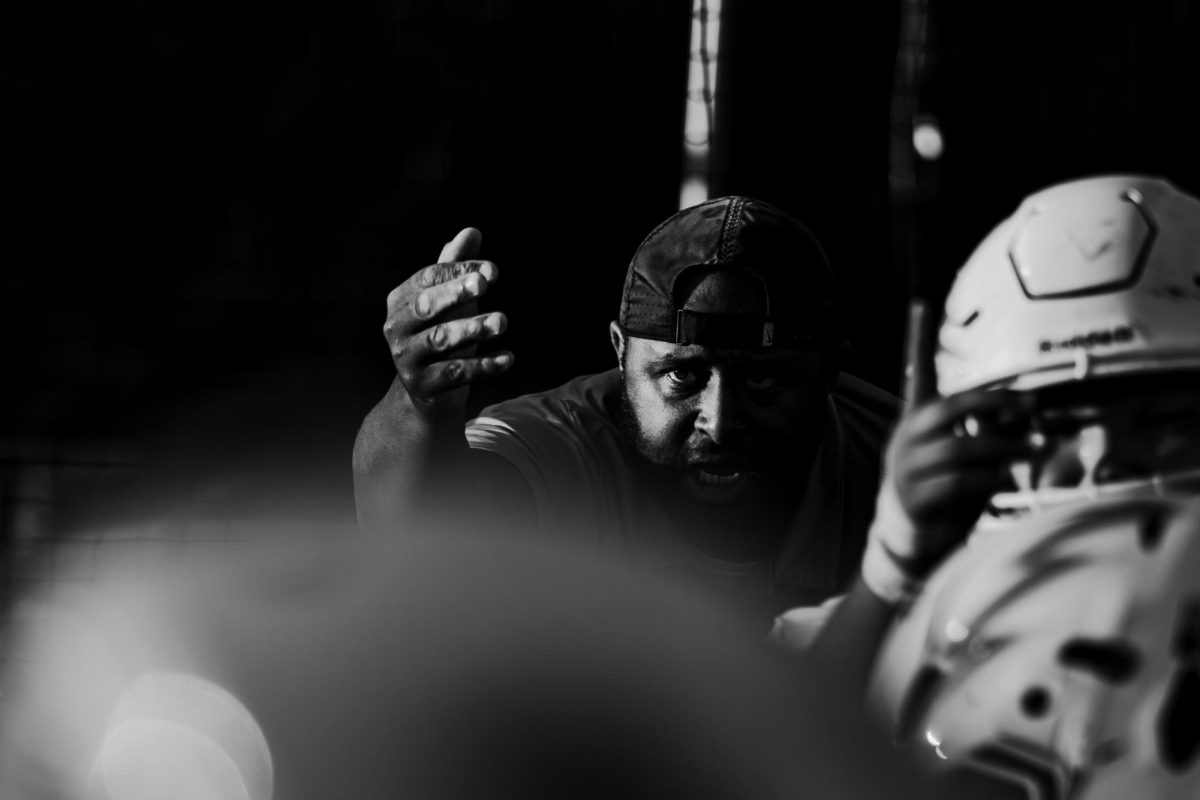Op-Ed: Writing women back into our history lessons
Seniors Andawen Sauder and Fatima Malik work together during a lesson about feminist song lyrics.
March 24, 2023
According to a 2017 analysis by the Smithsonian Institute, only one woman is taught in American history classes for every three men covered. Men’s accomplishments are emphasized throughout our history books, but the same cannot be said about women.
In light of Women’s History Month, we need to recognize the latent misogyny that is endemic in American school systems. We aren’t being taught the victories throughout our history that were won by the hands of a woman.
Women’s experiences should not be separate from human experiences. The lack of celebration and emphasis on women’s achievements in our history classes says a lot about how women are projected in our society. In an effort to fix this, and to write women back into our history lessons, several years ago Loudoun County introduced a Women’s Studies course.
Rock Ridge High School English teacher Jessica Berg, the creator of Women and Gender Studies class, explained her idea was for a curriculum that is centered around women in Loudoun County schools.
“My vision is to create a more equitable future for everyone,” said Berg. “ I truly believe that starts with education.”
She describes the class as “studying the effects and evolution of women and gender throughout our history and how it impacts modern society.”
As of now, the Women’s Studies curriculum is being taught in seven different schools throughout the county, with the obvious hope that this spark of feminism spreads throughout not only Virginia, but the nation.
Senior Andawen Sauder, a Women’s Studies student, describes her experience in taking the class.
“We have a great group of women in the class,” said Sauder. “It’s just a wonderful safe space to be able to discuss the issues that matter to us.”
Although it’s still early on in the curriculum, students have been given an opportunity and platform to share their experiences and views with each other, creating a diverse and progressive environment.
Berg took her first Women’s Studies class during her time attending college, and it changed her life.
“I have always been a feminist,” said Berg. “But I didn’t have that word or any knowledge of the history and movement behind the ideals of gender equality I have always had.”
The fight to expand the understanding of the various and diverse experiences and perspectives of women is something that has been advocated for by a long line of women. While there has been progress, it has been difficult.
“With every step forward, there is always a push back,” said Berg.
Female authors and artists are returning diversity to many schools across the county. But, some groups fear inclusivity and learning the bigger picture, and push back against it.
“I think that tells you just how important education is and the power it can give people.”
Women’s history month was started by five women, most of them teachers, who were tired of the prejudice towards women that they had seen in school curriculums. They pushed to have women’s historical achievements broadcasted and celebrated in schools.
Now, the once stifled voices of impactful and undaunted women in our history can have their chance to be heard. With the support of this movement, young girls can finally learn and take inspiration from powerful women that have made and will continue to make their mark in history.
Berg spoke of her constant desire to do more to help women make that mark and to help vocalize the marginalization of women. She clarified her overriding spark of activism in her life as her two daughters.
“I fight harder now for the world I want them to grow up in.”






Jessica Berg • May 1, 2023 at 10:46 am
Thank you so much for writing this article! It is absolutely fantatic.